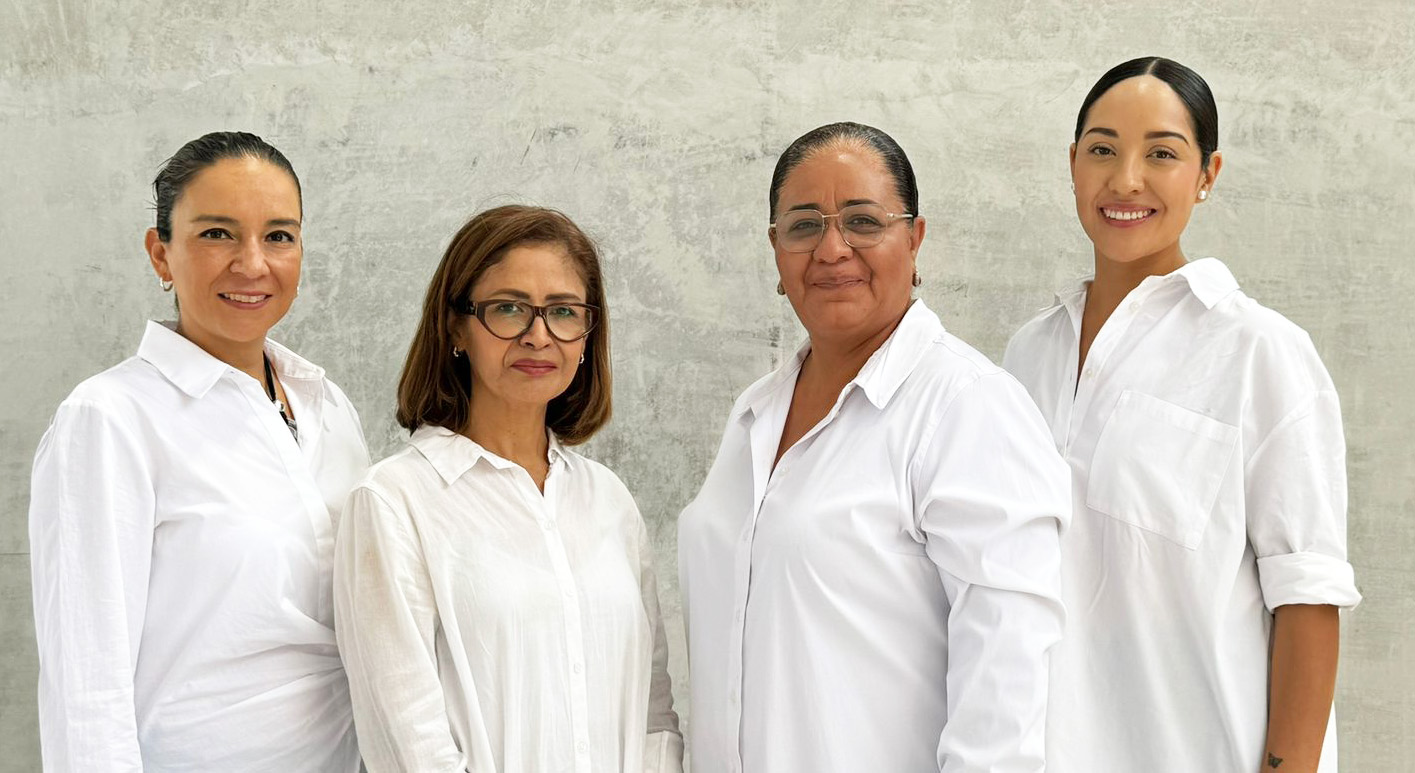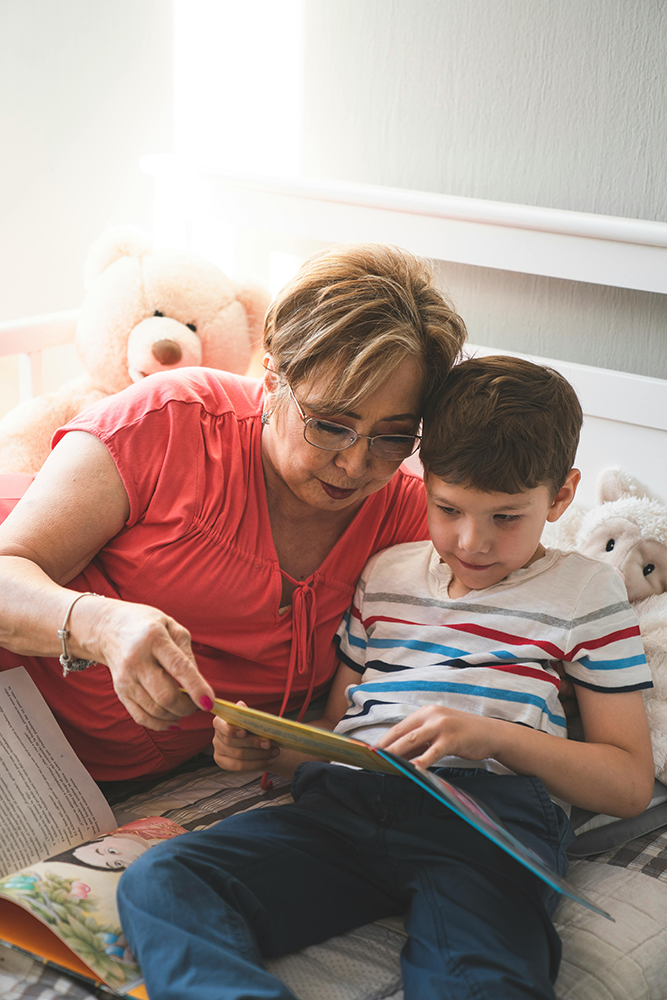End-Of-Life Care
our services
Personalized Care Plans
At the Hospice Care Mitigare center, we provide services for patients in day hospital (outpatients), inpatient care, and continue to offer home care for those who choose this option We provide personalized guidance and comprehensive medical care for patients and their families facing the challenges of end of life situations. In San Miguel de Allende, Gto., where approximately 750 deaths occur each year, around 250 are considered complex cases that are candidates for Palliative Care.

Our team includes doctors, nurses, social workers, nutritionists, psychologists, thanatologists, and a group of volunteers. Together, we collaborate seamlessly to provide comprehensive and compassionate support to patients, their families, and primary caregivers, ensuring comprehensive care to improve their quality of life.

End-of-life Care
How Hospice Care Mitigare cares for you and your loved ones.
Managing Costs
Through our Patient Assistance Fund, Hospice Care Mitigare supports all individuals in need of our services, regardless of their financial circumstances. Our social work team visits patients’ homes to assess their socioeconomic situation and determine their ability to contribute to their care. This evaluation uses the 10 economic levels outlined in our Current Contribution Table. The social work department at Hospice Care Mitigare will work with you to develop a plan that fits your needs and budget.
For more information, please contact our information line; we will always have an option that suits your needs.
“Endings matter, not just for the person, but perhaps even more, for the ones left behind.“
— Atul Gawande, Being Mortal: Medicine and What Matters in the End
Developing a Palliative Care Plan
Each patient undergoes a comprehensive evaluation to determine their current clinical situation based on their condition. This allows us to design and implement a personalized care plan, which can be received in the following ways: at home, through outpatient care, in our day hospital area, or through inpatient care at Hospice Care Mitigare.
The Hospice Care team offers:
- Coordination of care with patient’s personal physician,
- Specialized medical care focused on symptom management (pain, anxiety, depression, fatigue, insomnia, nausea, respiratory difficulty, among others),
- Individualized emotional and psycho-social support,
- Nutritional care,
- Training for caregivers.
We offer medical equipment for at home patient care, including:
- Hospital beds
- Oxygen concentrators
- Wheelchairs
- Bedside tables for meals
- Portable toilets
- Walkers, among other items.
Please support us with your donations to the Patient Assistance Fund.
Your contributions help those who need it most.
What is Hospice Care
… and what are the benefits?
Hospice care is a type of healthcare service that focuses on improving the quality of life of patients with terminal illnesses. Instead of trying to cure the illness, hospice style care aims to provide comfort, support, and symptom management to patients and their families during their final stages of life. Hospice style care can be provided in a hospital, nursing home, or even in the patient’s own home. The National Hospice and Palliative Care Organization (NHPCO) lists the following as some of the benefits of hospice care, not only for patients but their loved ones as well:
- Hospice care improves the quality of life for patients and their families.
- 90% of patients who receive hospice care report significant improvements in their overall quality of life.
- Hospice patients are more likely to die at home than in a hospital or nursing home.
- Hospice care can reduce the number of hospitalizations and emergency room visits.
- Hospice care can also reduce the cost of healthcare for patients and their families.
- Hospice patients are twice as likely to receive spiritual and emotional support compared to patients who do not receive hospice care.
- Hospice care can provide support to family members and caregivers, including counseling and bereavement services.
- Hospice care can also provide respite care for family caregivers, giving them time to rest and recharge.
Source: Parx Home Health Care:
read the full article here.
Medical Care
Hospice Care Mitigare has medical staff certified in palliative care and hospice services who manage pain and other symptoms safely and effectively, ensuring that patients remain comfortable while maximizing their quality of life.
Psycho-Social Care
At Hospice Care Mitigare, we address the psychosocial needs and concerns of patients, their families, and caregivers. We encourage open communication to promote informed participation, ensuring a positive experience in caring for their loved ones and effective support throughout the comprehensive care process.
Spiritual Care
Spiritual care varies for each individual, and at Hospice Care Mitigare, we respect your beliefs and aim to integrate your spiritual needs into the care plan. Our Hospice Care Center includes a non-denominational chapel that patients and family members are welcome to visit.
Grief Counseling
Providing counseling support to the family and loved ones is essential. This care begins at the patient’s admission and continues after the patient’s passing.
Tele-Hospice
Remote rural communities face significant challenges due to limited physically and financial access tohealthcare and hospice services. To address this we are developing a robust system of delivering service to our rural communities and surrounding municipalities through virtual care.
Financial Assistance
Caregiver
Training
Families often wish to provide daily care but may feel unsure about performing routine activities. We help you to feel confident in providing the best care for your loved one. Contact us, and we will arrange for one of our trained personnel to teach you best practices. Additionally, we offer caregiver training classes twice a year for volunteers. If you are interested in being a volunteer at Hospice Care Mitigare please call us.
Continuing Education
Hospice Care Mitigare is committed to training healthcare professionals in effective and efficient end-of-life care through international conferences and national skill development programs. We prioritize education and continually strive to improve healthcare standards within our community. Reach out to us; we always have options for every healthcare profile.
Home Care Equipment
Medical equipment, such as hospital beds, oxygen concentrators, and wheelchairs, can significantly enhance a patient’s medical condition and comfort. We offer a wide range of these items to support patient comfort and safety, allowing them to stay in the comfort of their own home. Contact us to inquire about our catalog of medical materials and equipment.
Shifting from curative care to comfort care can be challenging. This video could provide insights to help you make that decision easier to understand.